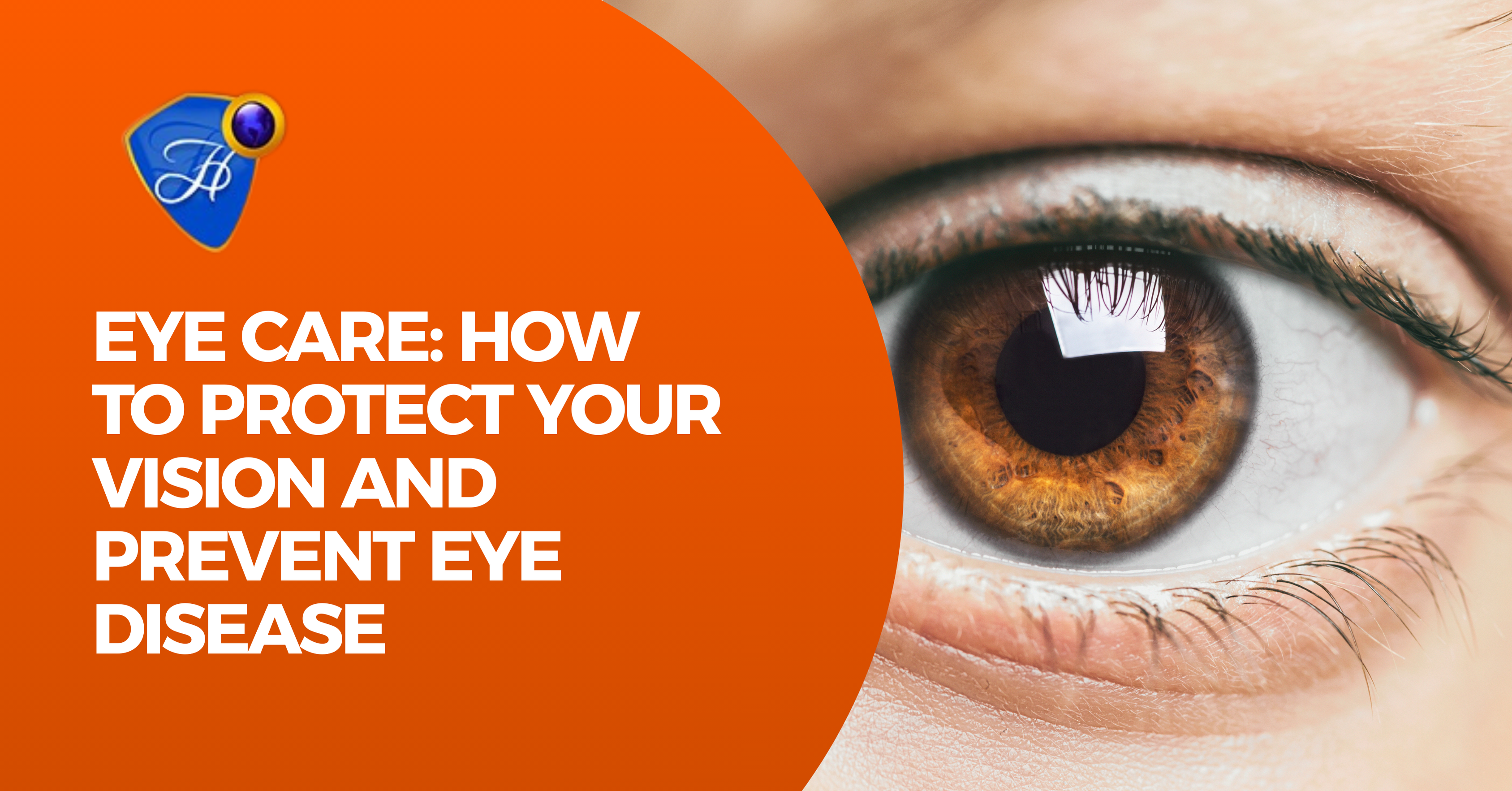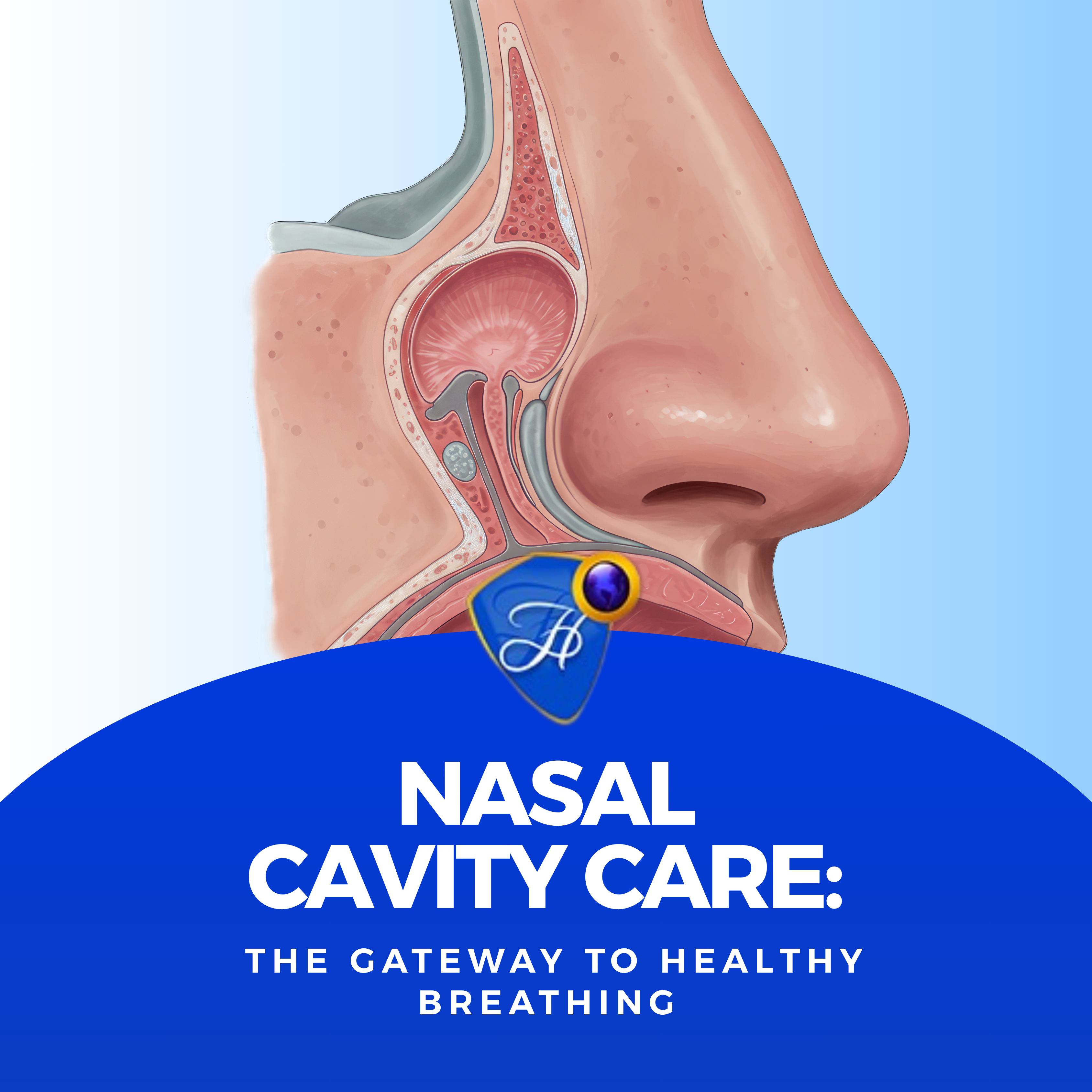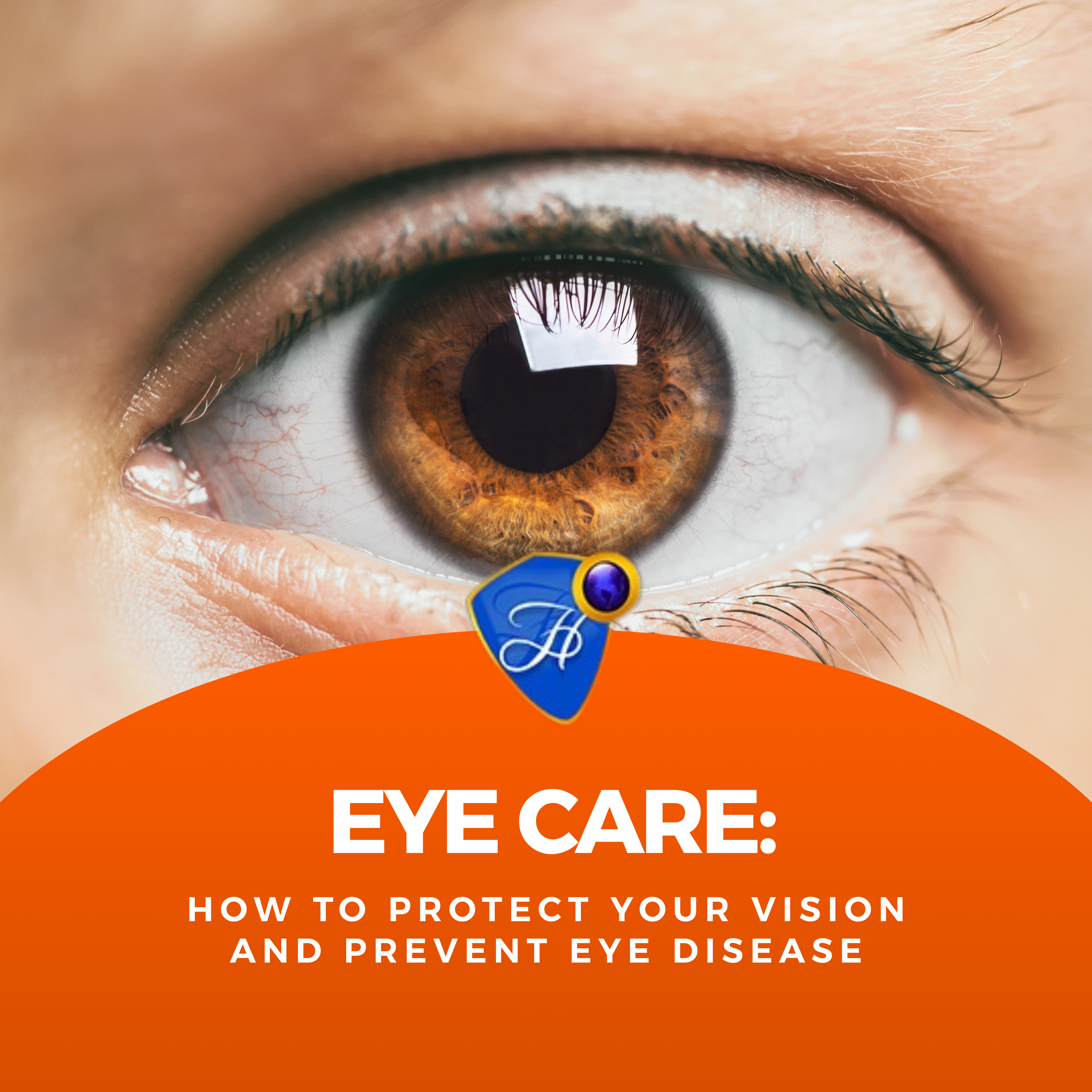EYE CARE: HOW TO PROTECT YOUR VISION AND PREVENT EYE DISEASE
Your eyes are among the body’s most important and delicate organs. Good vision affects how you work, learn, travel, and enjoy life. Many eye problems are preventable or can be detected and treated early—if you adopt the right daily habits and schedule regular professional checks. This guide outlines practical steps for everyday eye care: what to do, what to avoid, and simple routines you can start today to keep your eyes healthy for life.
HOW THE EYE WORKS
Understanding a little anatomy helps explain why certain habits matter. Key parts you should know:
• Cornea — clear front surface that focuses light.
• Lens — fine-tunes focus for near and far vision.
• Retina — light-sensitive layer that converts images into nerve signals.
• Optic nerve — carries signals from retina to the brain.
• Tear film — keeps the eye surface lubricated and protected from infection.
Damage or imbalance in any of these areas — from infection, injury, poor blood supply, or age-related changes — can affect vision. The good news: many risks are controllable.
DAILY HABITS THAT PROTECT YOUR EYES
1. Practice good hygiene
• Wash hands before touching your eyes or inserting/removing contact lenses.
• Avoid rubbing your eyes; rubbing can spread infection and damage the cornea.
• Remove eye makeup every night, and avoid sharing makeup or applicators.
2. Manage screen time and reduce digital eye strain
• Use the 20–20–20 rule: every 20 minutes, look at something 20 feet away for 20 seconds.
• Blink deliberately when working at a screen to refresh the tear film.
• Position screens so the top of the monitor is at or just below eye level, about an arm’s length away.
• Reduce glare with proper lighting and matte screens, and increase font size if you’re straining.
3. Protect from UV and environmental hazards
• Wear sunglasses that block 100% UVA and UVB whenever you’re outdoors.
• Use protective goggles for DIY, workplace tasks, and sports where debris or impact is possible.
• In dry or air-conditioned spaces, use a humidifier and consider lubricating eye drops for dry-eye symptoms.
4. Prioritize sleep and rest
Adequate sleep restores tissues and supports tear production. Chronic sleep deprivation worsens dry eye and eye fatigue.
Eye care is largely preventive: small daily choices—good hygiene, proper nutrition, smart screen habits, protection from UV and hazards, and regular professional checks—add up to life-long benefits. Vision loss that comes from preventable causes or that can be treated is best caught early, so adopt these habits.























Comments
Eleanor Fant
One’s of the best template out of there. design, code quality, updates etc everything you needs guys, buy it you won’t regret it!
Alexander Ljung
This theme is super awesome! But I had one small issue with link option in parallax portfolio. The other day!
Shahnewaz Sakil
His many legs, pitifully thin compared with the size of the rest of him, waved about helplessly as he looked
Leave A Comment
Kindly note that your comment/reply will first be approved before it appears above